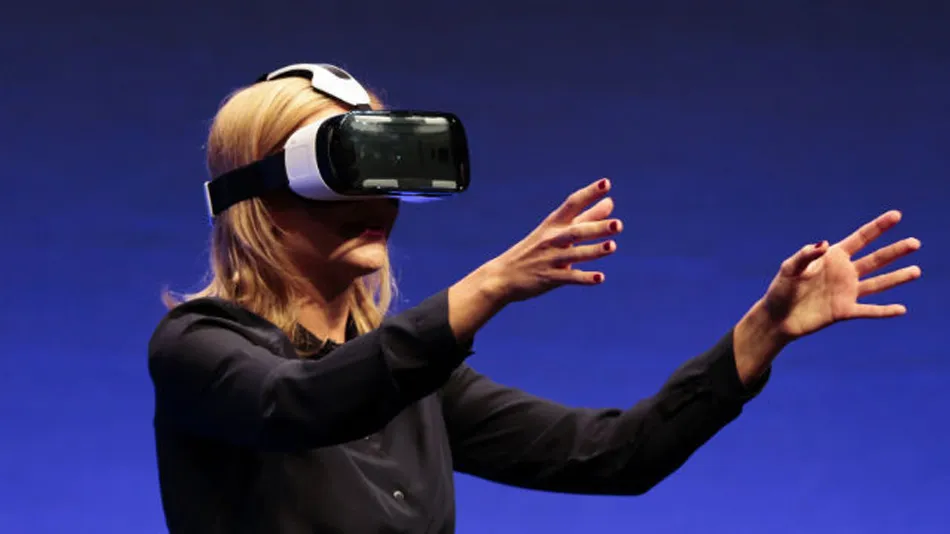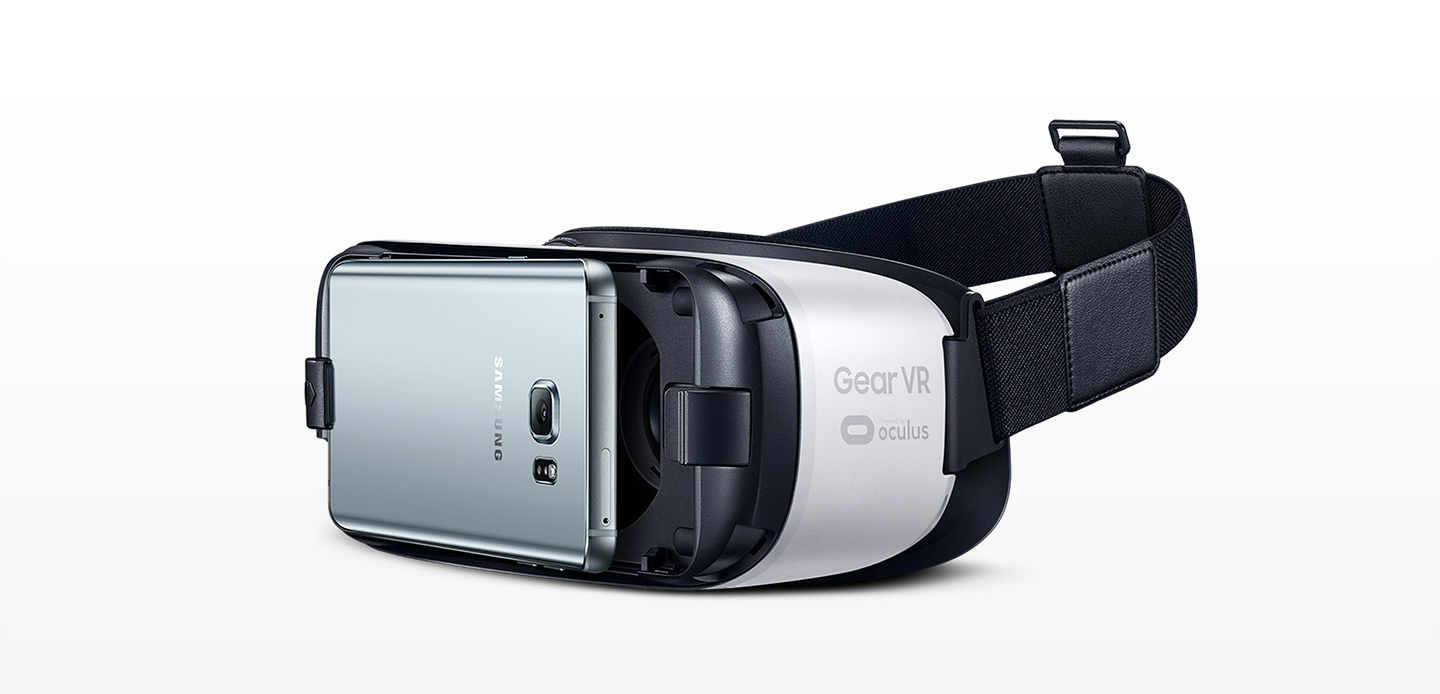With the recent introduction of Google Daydream, the mobile VR space is heating up. Now a new acquisition from Samsung could help to power even more immersive VR on smartphones.
The Korean electronics giant has this month purchased Joyent, a cloud computing company. According to The Wall Street Journal, however, Samsung is not looking to go up against its many rivals in this sector, which include Amazon Web Service, Google Cloud, and Microsoft Azure. Instead Injong Rhee, chief technology officer of Samsung’s mobile division, reasons that this acquisition was more to do with “software and services”. Apparently the company will utilize cloud-computing to handle intensive applications. Rhee suggested that one of these could be VR.
What this could mean is that we soon see VR experiences running on Samsung phones that aren’t powered by the handset itself. Instead they’re running elsewhere on more powerful tech and then displayed on the phone’s screen.
In this way, Rhee reasons that the phone becomes more of an “interface device”. This could mean that we get to see much more demanding VR experiences running on mobile hardware in the future. Graphics could be vastly improved as could the scale of VR experience, all without taxing the smartphone hardware that can overheat when used for too long.
The elephant in the room here, however, is just how much lag this might create for VR’s head-tracking. This is one of the major components of simulator sickness; any noticeable time between a user turning their head and the display catching up with them can cause a disconnection that leads to nausea and dizziness. VR makers have been shaving milliseconds off of this issue over the past few years, but we struggle to see how introducing cloud-computing to VR experiences wouldn’t increase that time significantly.
Still, if leveraged correctly Samsung could gain a leg up on Google’s new Daydream platform, even if it’s helping to establish it by creating a Daydream Ready smartphone. The ecosystem will still be competing with the Oculus Home platform that features on Samsung’s Gear VR, and the company will likely be looking to add new features to it to help convince people to buy its headset over other Daydream approved ones.
Perhaps it will be a few years before we see Samsung and Joyent’s work in VR fully realised, then. In the meantime, the latter company is expected to keep operating as per usual for now. It was purchased for an undisclosed sum.
If Samsung does pull this off, however, a new age in mobile VR could soon be upon us.



























